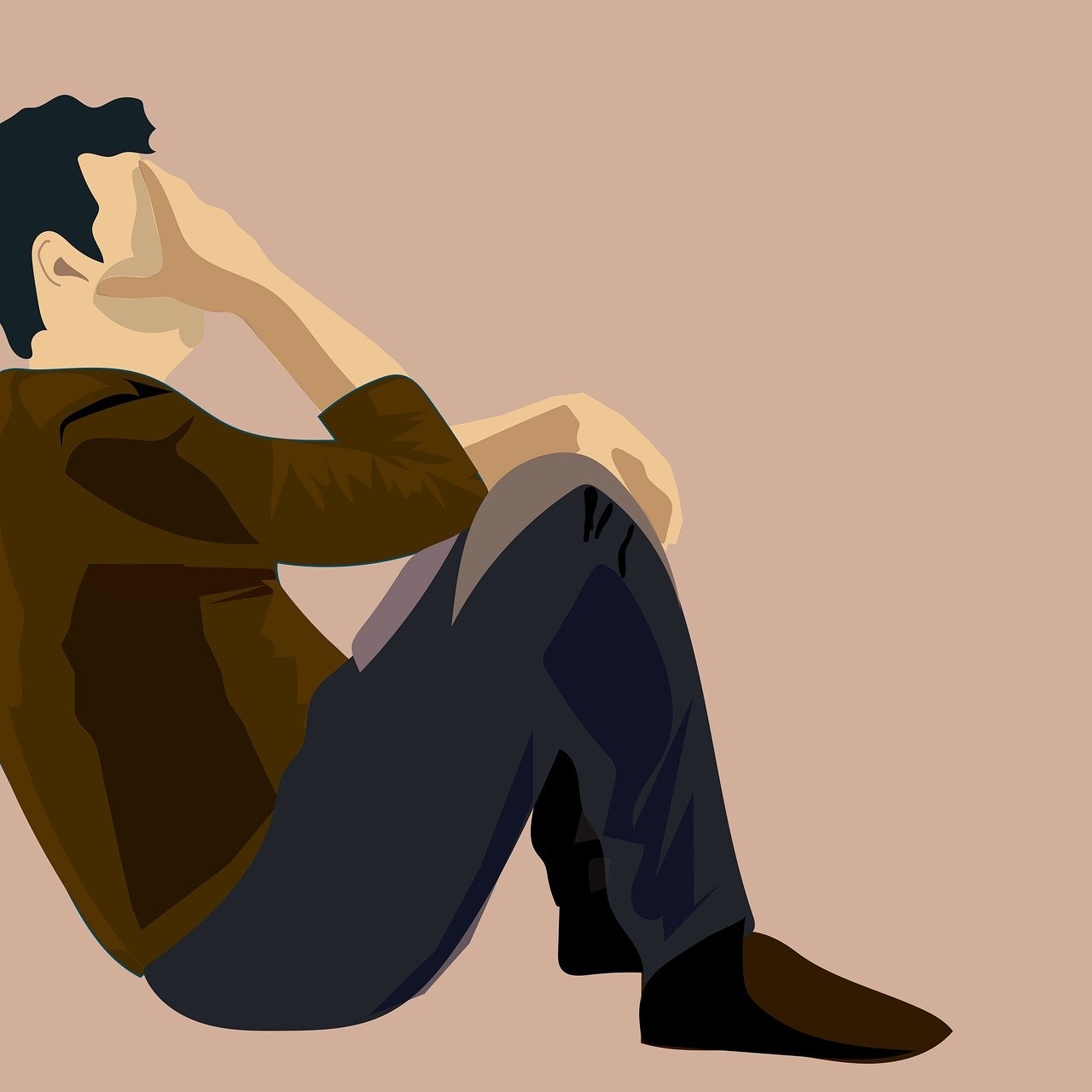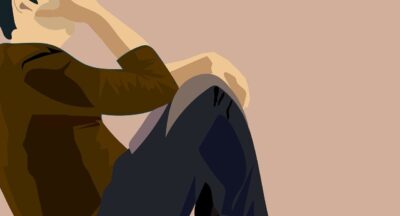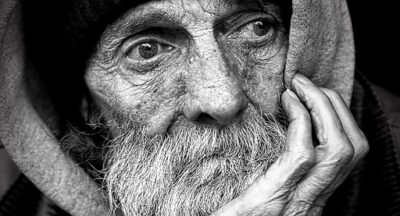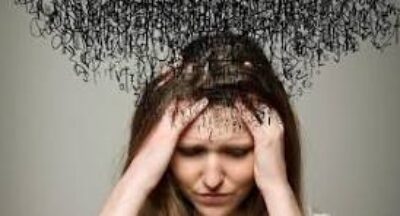
Understanding the difference between chronic depression and seasonal depression: When is it a good time to schedule a session with a professional mental health provider and what are the possible symptoms differentiating both types of depression!

Depression is a multifaceted mental health issue that impacts millions globally. It appears in various forms, with chronic and seasonal depression being two distinct types. Recognizing the differences between these forms is essential for seeking proper treatment and managing symptoms effectively. This article examines the characteristics of chronic and seasonal depression, outlines their key symptoms, and advises when to consult a mental health professional.
As each person’s experience with depression is unique, it’s important to seek expert help if you find that depression is disrupting your daily life.
Chronic Depression
Characteristics
Chronic depression, also known as persistent depressive disorder (PDD) or dysthymia, is a long-term form of depression that lasts for at least two years. It is characterized by a persistent low mood that may be less severe than major depressive disorder but is more enduring. Individuals with chronic depression often experience periods of major depression interspersed with periods of less severe symptoms.
Symptoms
The symptoms of chronic depression include:
- Persistent feelings of sadness or emptiness
- Loss of interest or pleasure in activities once enjoyed
- Fatigue or low energy
- Low self-esteem
- Difficulty concentrating or making decisions
- Feelings of hopelessness
- Changes in appetite and sleep patterns
- Social withdrawal
Seasonal Depression
Characteristics
Seasonal depression, also known as seasonal affective disorder (SAD), is a type of depression that occurs at a specific time of year, usually during the fall and winter months when there is less natural sunlight. It is believed to be related to changes in light exposure, which can affect the body’s internal clock and lead to feelings of depression. SAD typically resolves with the arrival of spring and longer daylight hours.
Symptoms
The symptoms of seasonal depression include:
- Depressed mood most of the day, nearly every day
- Loss of interest in activities once enjoyed
- Low energy and fatigue
- Difficulty concentrating
- Changes in appetite, particularly craving carbohydrates
- Weight gain
- Oversleeping or difficulty waking up in the morning
- Social withdrawal
- Feelings of hopelessness or worthlessness
Differentiating Chronic Depression and Seasonal Depression
While both chronic depression and seasonal depression share common symptoms such as low mood, loss of interest in activities, and fatigue, there are key differences that can help differentiate between the two:
- Duration: Chronic depression is a long-term condition that persists for at least two years, whereas seasonal depression occurs during specific seasons, typically in the fall and winter, and resolves during the spring and summer.
- Seasonal Pattern: Seasonal depression follows a predictable pattern based on the time of year, whereas chronic depression does not have a seasonal component and can occur at any time.
- Severity Fluctuations: Individuals with chronic depression may experience fluctuating severity of symptoms, including periods of major depression. In contrast, seasonal depression symptoms are usually consistent during the affected months and improve during the rest of the year.
When to Seek Professional Help
It is essential to seek professional help when experiencing symptoms of depression, whether chronic or seasonal. Here are some indicators that it is a good time to schedule a session with a mental health provider:
- Persistent Symptoms: If you have been experiencing symptoms of depression for an extended period (two weeks or more for major depression, two years or more for chronic depression), it is crucial to seek professional help.
- Interference with Daily Life: When depression symptoms interfere with daily activities, work, school, or relationships, it is time to seek help. Difficulty concentrating, persistent fatigue, and social withdrawal are signs that professional intervention is needed.
- Thoughts of Self-Harm or Suicide: If you are experiencing thoughts of self-harm or suicide, seek immediate help from a mental health professional, crisis hotline, or emergency services.
- No Improvement with Self-Help Strategies: If self-help strategies such as exercise, healthy eating, and social support do not alleviate symptoms, it is essential to consult with a mental health provider for further evaluation and treatment.
- Severe Symptoms: If symptoms are severe, such as intense feelings of hopelessness, worthlessness, or major changes in sleep and appetite, professional help is necessary.
Treatment Options
Both chronic depression and seasonal depression can be effectively managed with appropriate treatment. Common treatment options include:
- Psychotherapy: Cognitive-behavioral therapy (CBT) and other forms of therapy can help individuals identify and change negative thought patterns and behaviors.
- Medication: Antidepressant medications can be effective in treating both chronic and seasonal depression. A mental health provider can determine the most appropriate medication based on individual needs.
- Light Therapy: For seasonal depression, light therapy (exposure to a lightbox that mimics natural sunlight) can help regulate mood and alleviate symptoms.
- Lifestyle Changes: Regular exercise, a healthy diet, and good sleep hygiene can support overall mental health and complement other treatment approaches.
It is key to understand the difference between chronic depression and seasonal depression so you can recognize symptoms and seek appropriate help. Chronic depression is a long-term condition with persistent symptoms, while seasonal depression follows a seasonal pattern, typically worsening in the fall and winter months. It is essential to seek professional help when symptoms persist, interfere with daily life, or become severe.
There is no shame in dealing with depression, but without the right treatment and support, individuals with chronic or seasonal depression can end up with destructive behaviors that can harm them or others.

dr.dan
Related Posts
Understanding the difference between chronic depression and seasonal depression: When is it a good time to schedule a session with a professional mental health provider and what are the possible symptoms differentiating both types of depression!
Depression is a multifaceted mental health issue that impacts millions...
The challenges of Baby-boomers generation: Is post-retirement depression real? Strategies to reduce symptoms of depression and find purpose again.
The Baby Boomer generation, born between 1946 and 1964, has experienced...
Nasty side effects of depression with long term romantic relationships. How is your chronic depression affect your existing relationship and finding solutions to avoid losing the people you care about the most? Here are some valid strategies to make things work.
Depression is not just an individual struggle; it has far-reaching impacts...
The Science Behind Exercise Reducing Symptoms of Depression: The Connection Between Physical Activity and Mental Health
Depression, a prevalent mental health disorder, affects millions of people...




